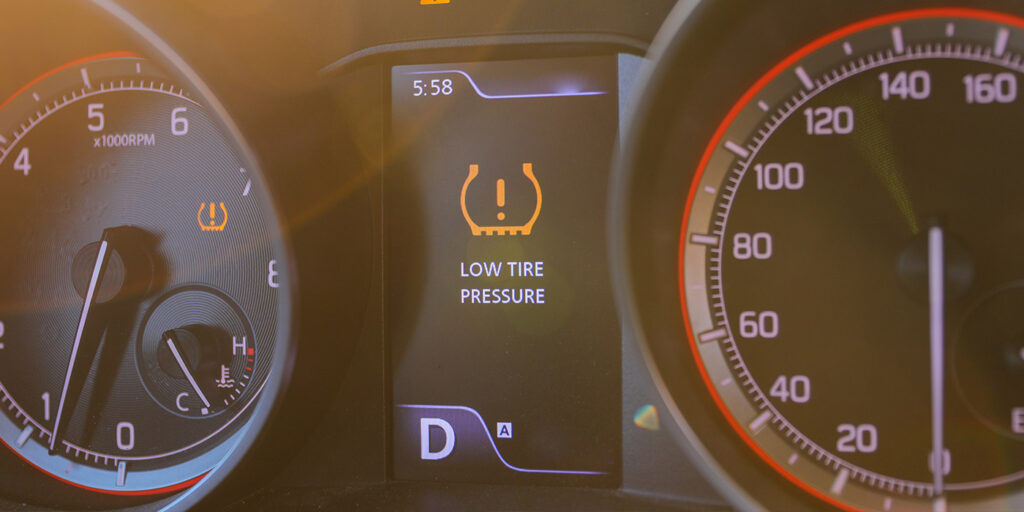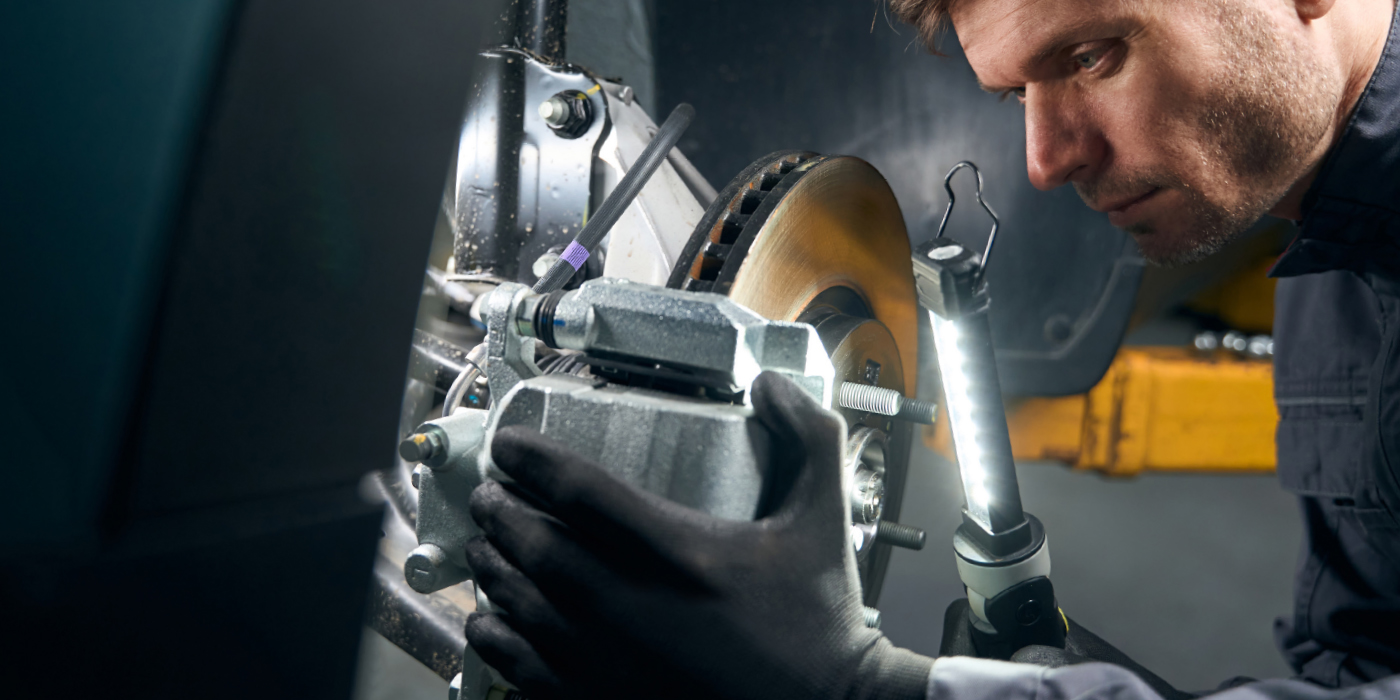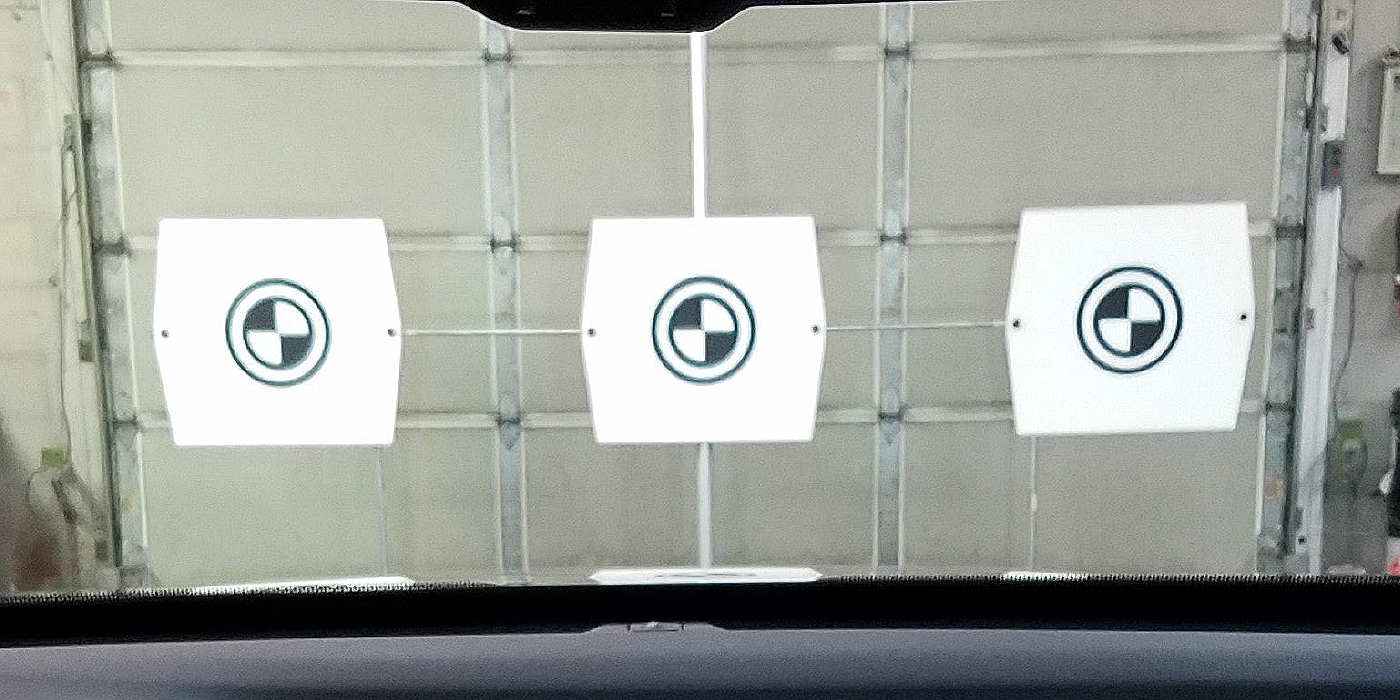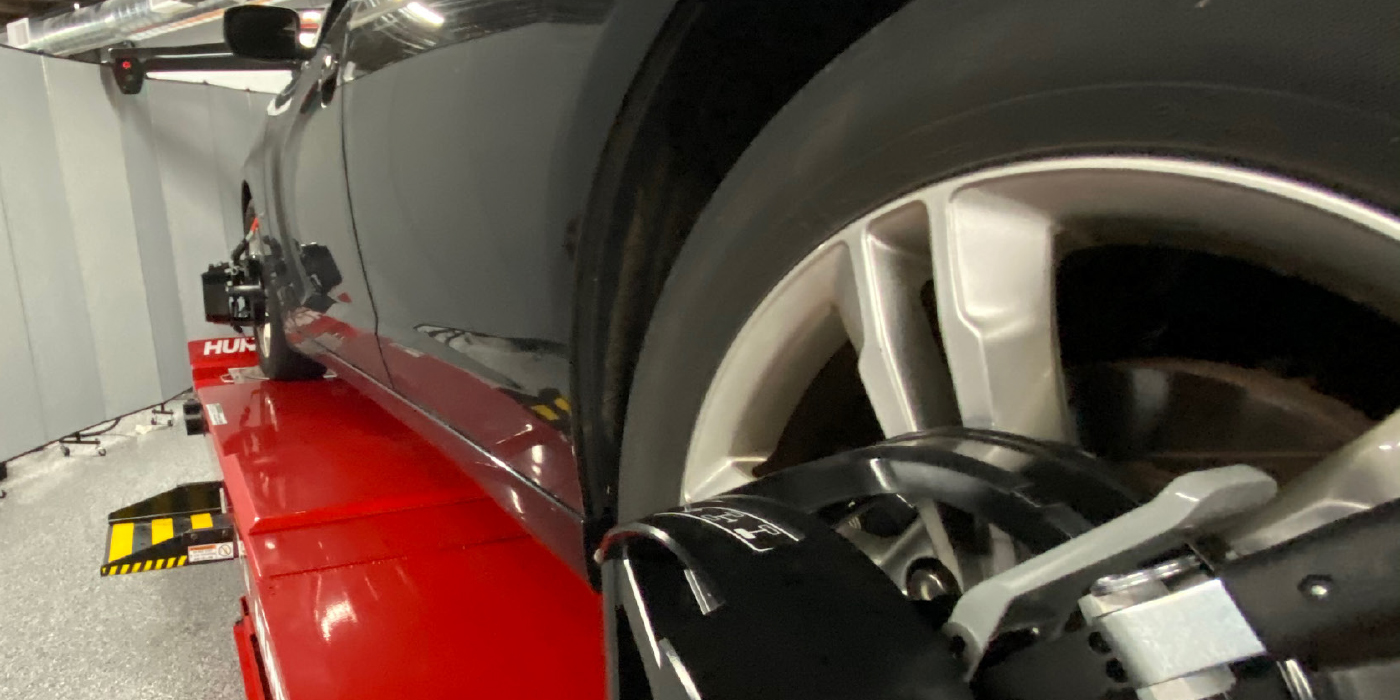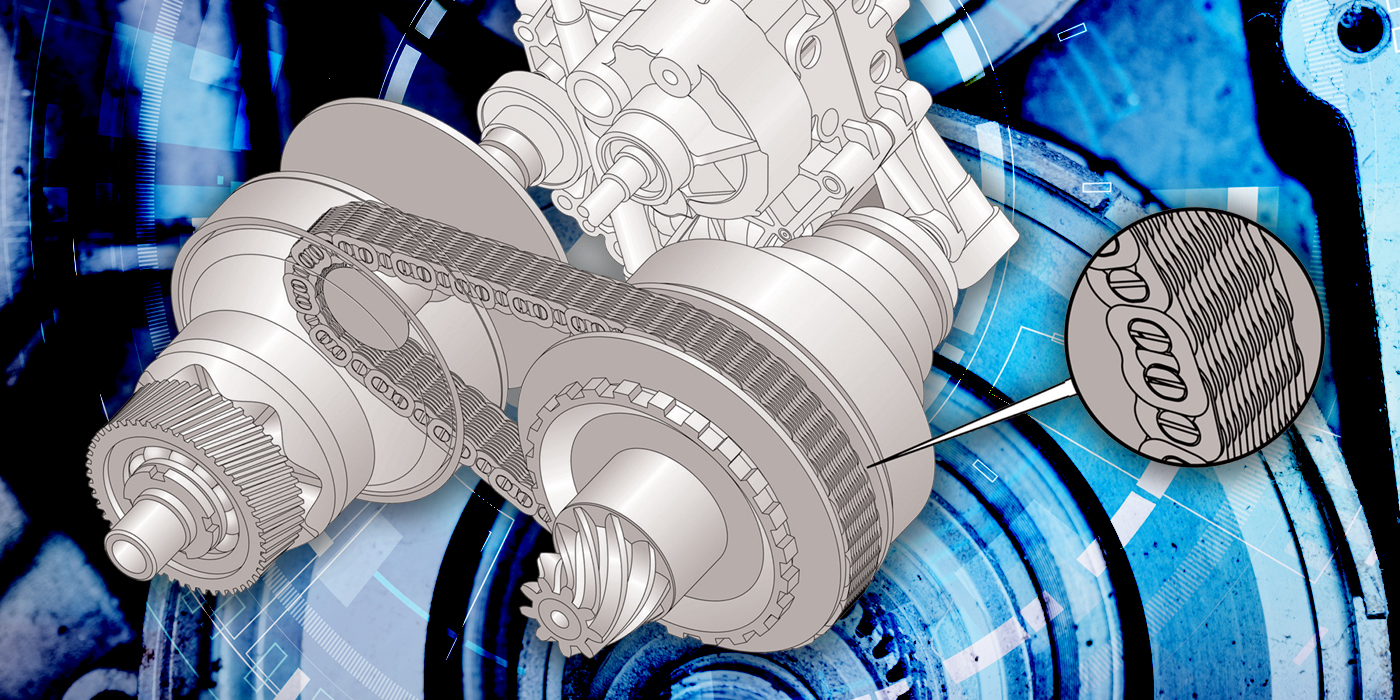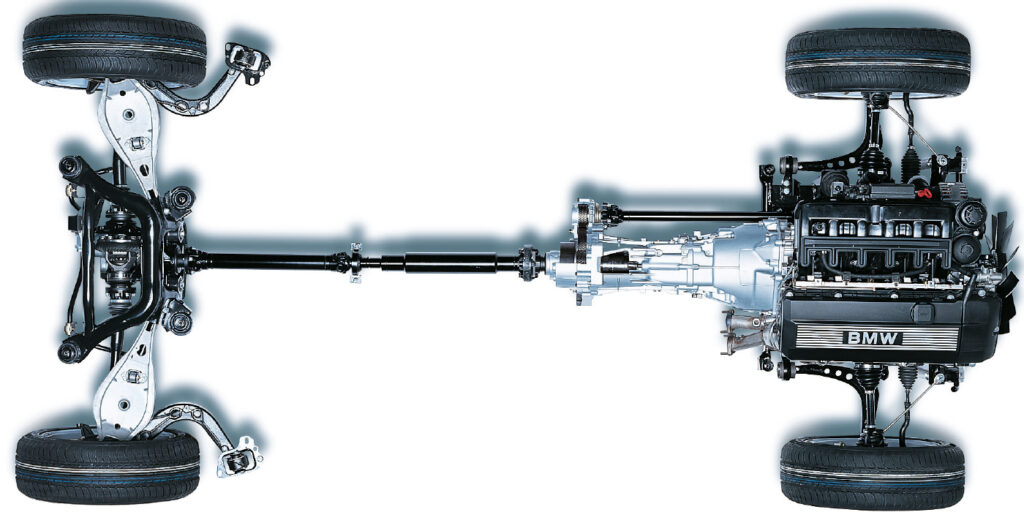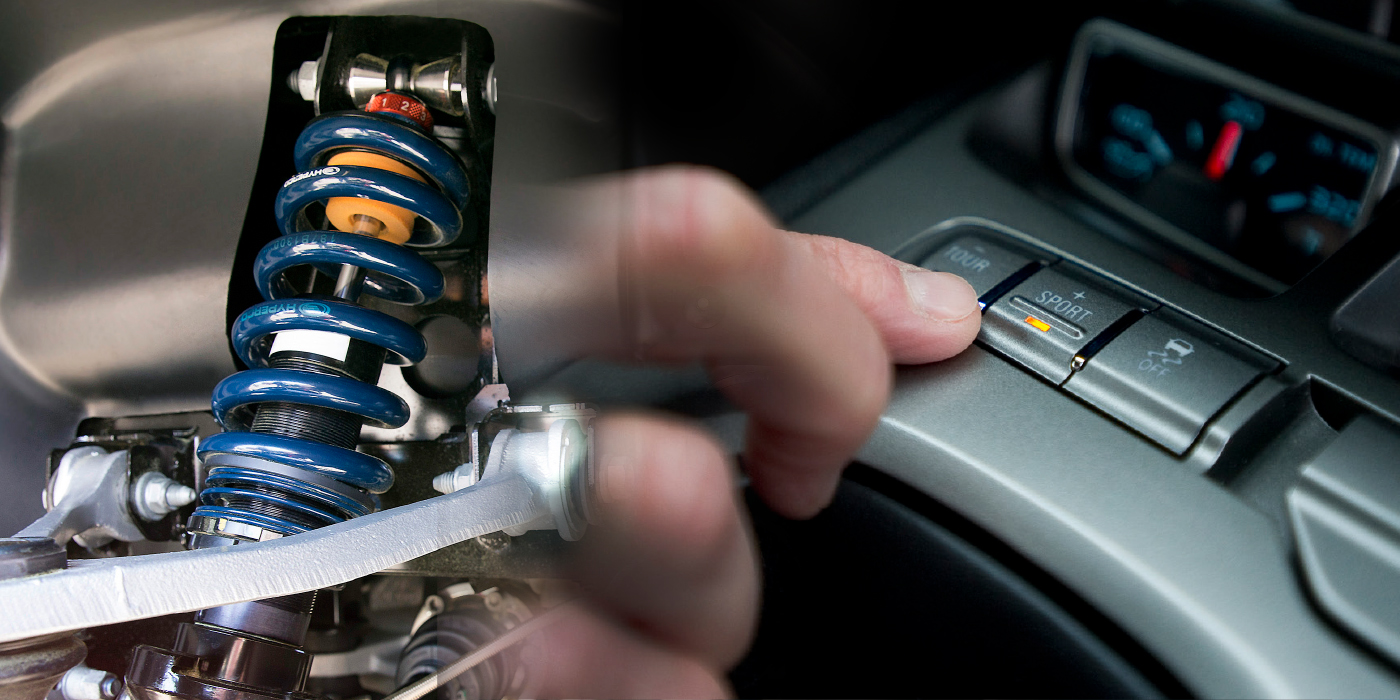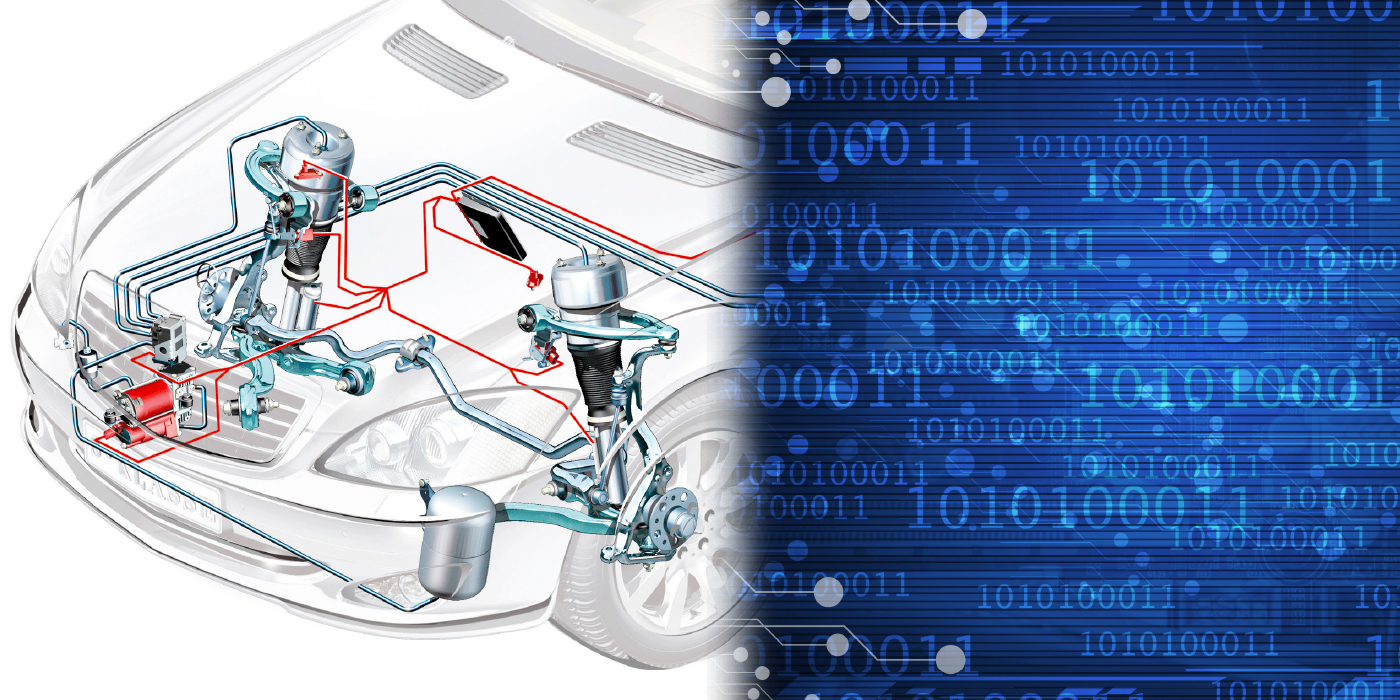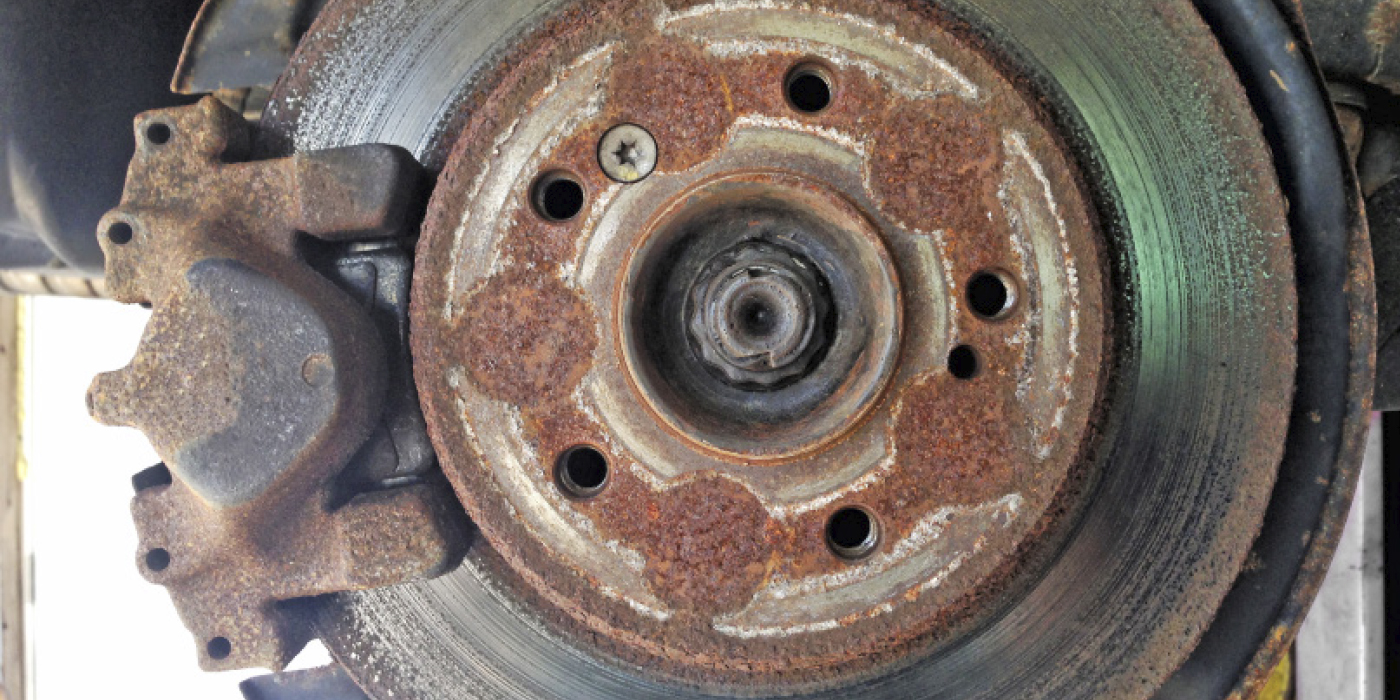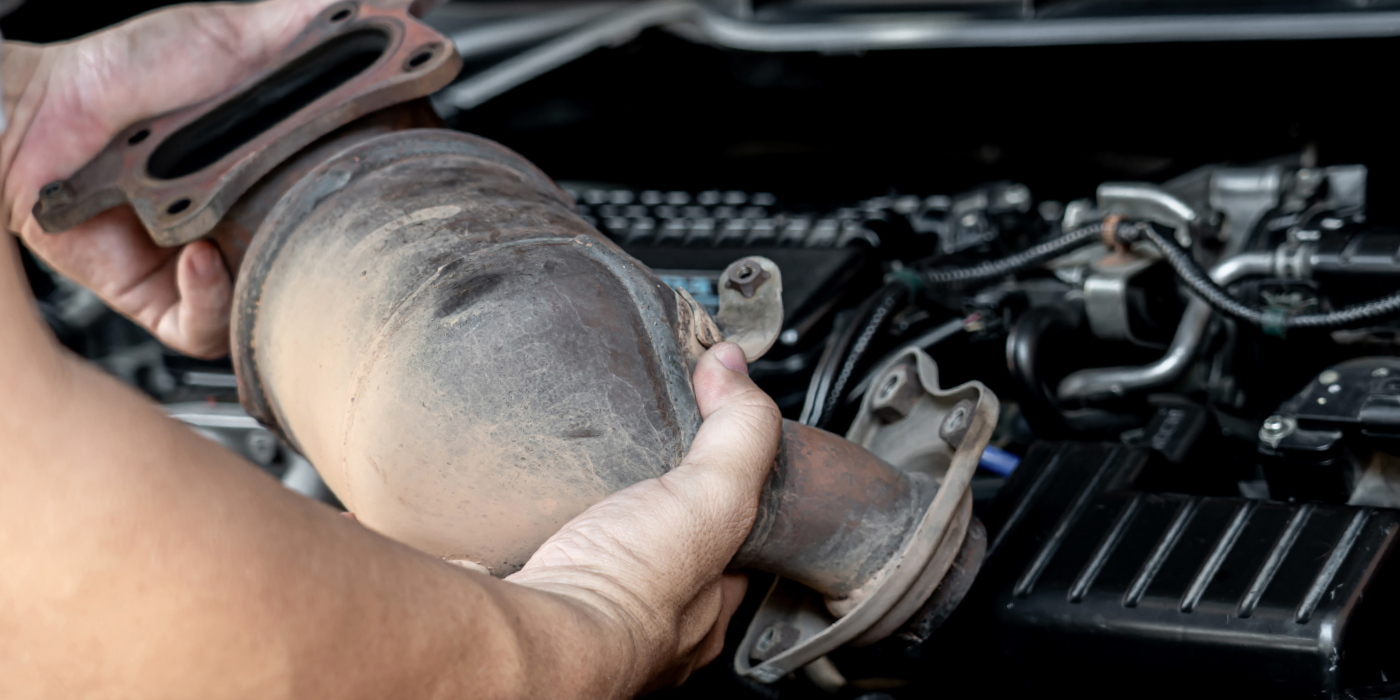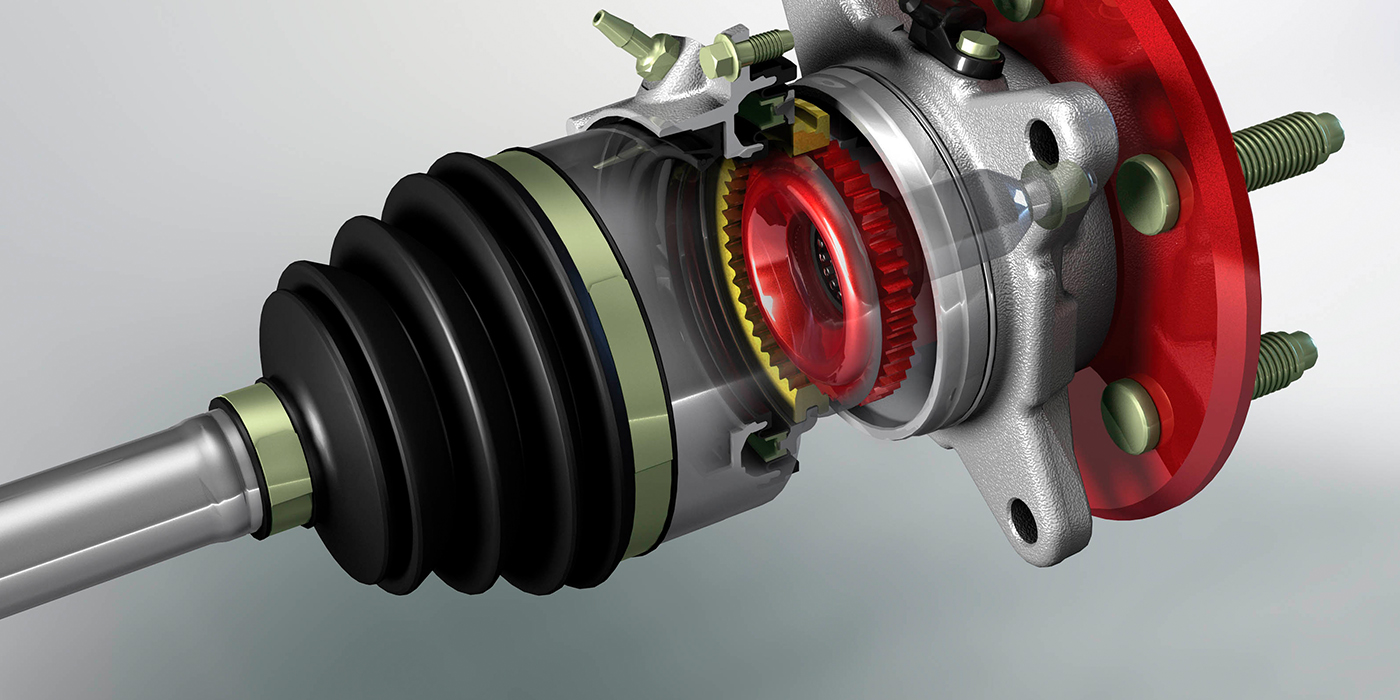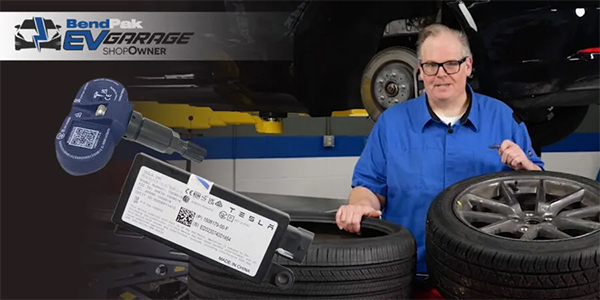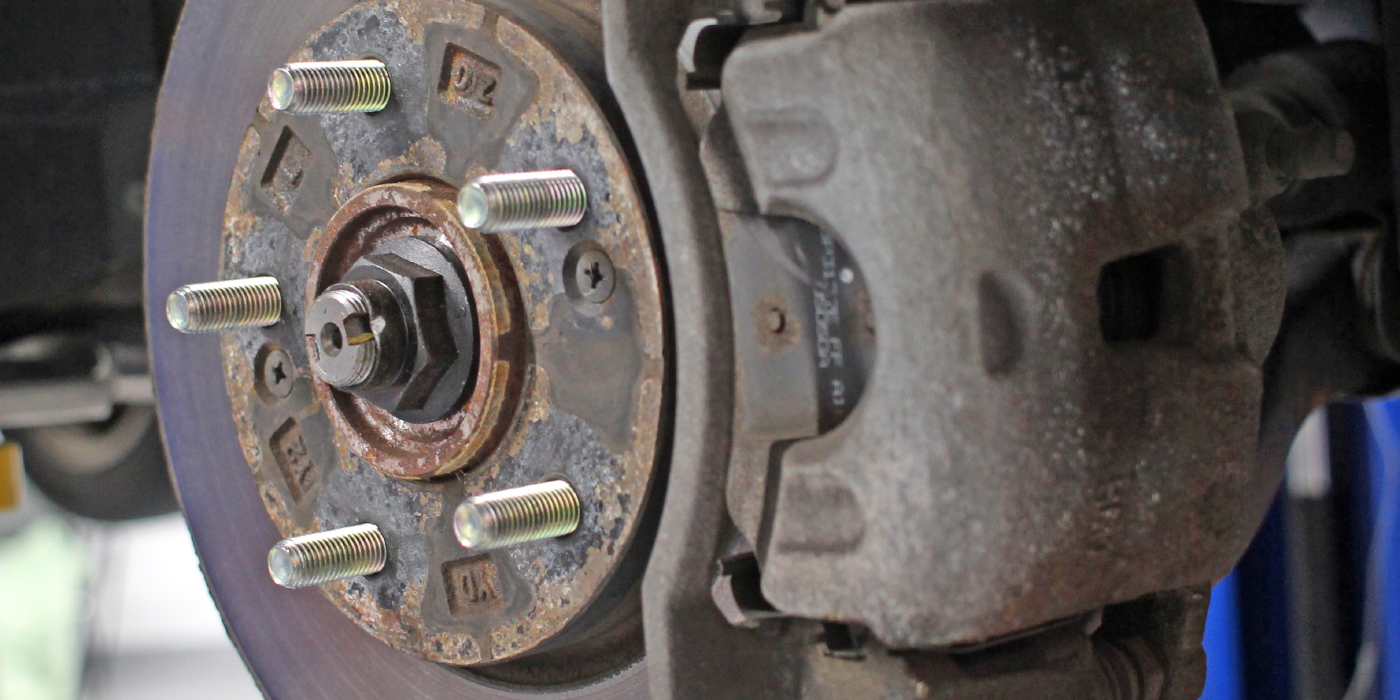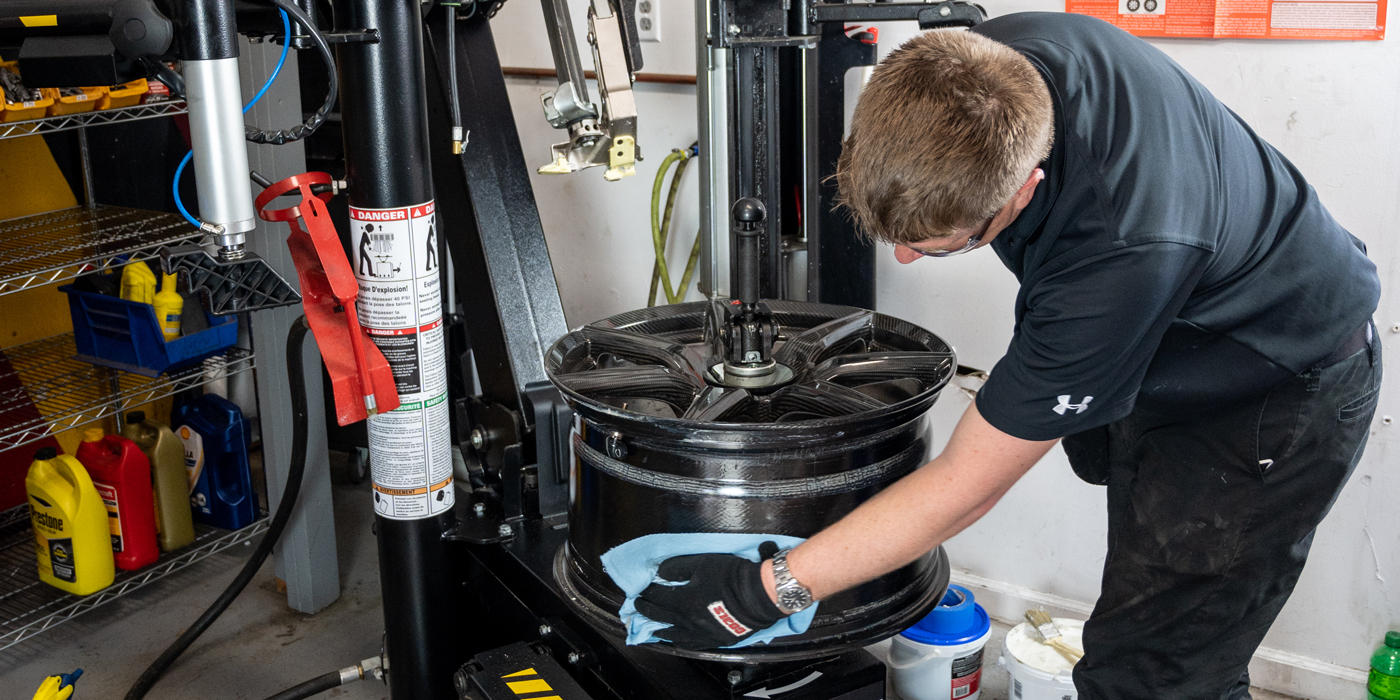When a vehicle comes into your shop with a solid TPMS light, it is signaling that one or more of the tires are 25% below placard pressure. Filling up each tire to the recommended placard pressure will turn out the light. However, if the vehicle comes in with a light that blinks for up to 90 seconds before remaining solid, the service will likely require a sensor replacement, which may require learning that new sensor to the vehicle. If you copy a sensor ID, a relearn procedure might not be required; however, many manufacturers suggest creating a new sensor ID. With new sensor IDs, a relearn is required, and it will clear out any DTCs that might be present.
Relearns are a necessary step but can be complicated as every vehicle model has a unique set of actions. Each step must be performed in a specific sequence in order for it to work properly. All too often, it is the relearn procedure that causes delays in TPMS service.
There are a few things you can do to ensure the relearning process is as efficient as possible and help avoid wasted time in the bay. First, it is important to understand the difference between relearning a vehicle and programming a sensor.
If you use a programmable sensor, the sensor is completely blank and needs to be programmed to the specific MMY of the vehicle being serviced using a compatible and updated TPMS tool. Relearning a vehicle is the process of telling the vehicle which sensor is located in each tire. This ensures the vehicle is reading the correct pressure and displaying their proper locations.
Steps to a more efficient relearn process:
- Make sure you follow the relearn entirely and in the proper sequence. Double check as you go that the steps are done correctly. There are no shortcuts to the relearn process.
- Call right away. Don’t waste time. If you try everything and still can’t turn off the TPMS light, don’t wait to give your sensor manufacturer’s tech line a call and let them walk you through it.
- When you call, make sure you have the 10th character of the VIN number ready to share. It symbolizes the model year and will be needed by your service representative.
- Have your Diagnostic Trouble Codes (DTCs) ready to share with the service representative at the time of the call.
- Make sure you know which sensor was originally removed from the vehicle and have it ready.
Also, consider creating or using your sensor manufacturer’s best practice sheet each and every time a TPMS service is performed. Your sensor manufacturer plays an important role in your success with TPMS, so ensure you are getting the proper resources from them.
This article courtesy of TechShop.

